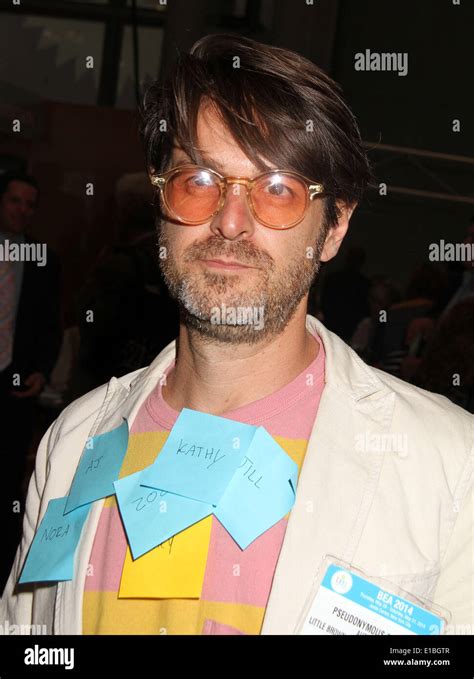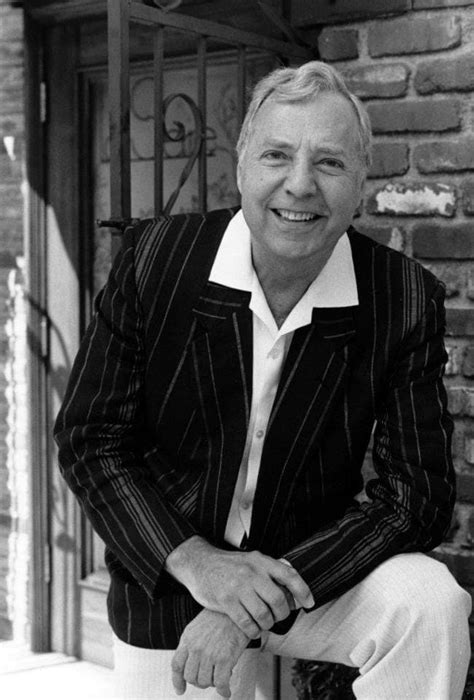A Quote by Edgar Allan Poe
[E]very plot, worth the name, must be elaborated to its dénouement before anything be attempted with the pen. It is only with the dénouement constantly in view that we can plot its indispensable air of consequence, or causation, by making the incidents, and especially the tone at all points tend to the development of the intention.
Related Quotes
Plots may be simple or complex, but suspense, and climactic progress from one incident to another, are essential. Every incident in a fictional work should have some bearing on the climax or denouement, and any denouement which is not the inevitable result of the preceding incidents is awkward and unliterary.
Fiction writers come up with some interesting metaphors when speaking of plot. Some say the plot is the highway and the characters are the automobiles. Others talk about stories that are "plot-driven," as if the plot were neither the highway nor the automobile, but the chauffeur. Others seem to have plot phobia and say they never plot. Still others turn up their noses at the very notion, as if there's something artificial, fraudulent, contrived.
One dictionary defines denouement as "a final part in which everything is made clear and no questions or surprises remain." By that definition, it is exactly the wrong word to describe this chapter. This chapter will make nothing clear; it will raise many questions; and it may even contain a surprise or two. But I say we call it the denouement anyway because the words sounds so sophisticated and French.







































